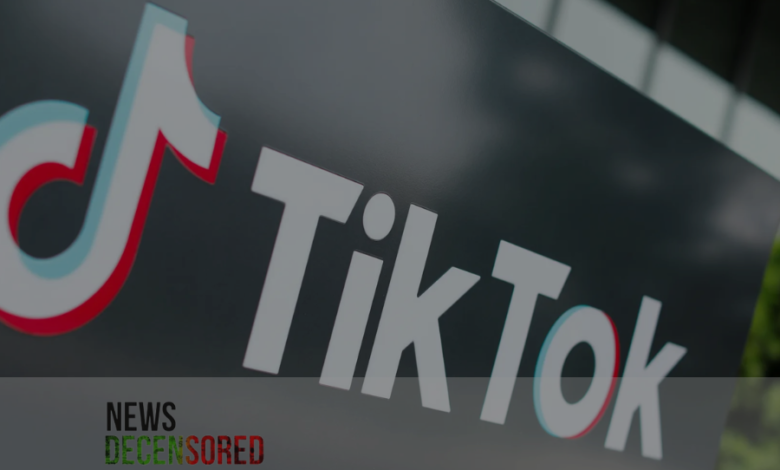Tiktok refuses to share Israel’s war Slogan together we will win in content policy

In the latest development, the platform has abstained from sharing content with the wartime slogan of the Israeli government, “Together we will win,” which has been a severe bone of contention in the ongoing flare-up between Israel and Hamas. This fits into a broader context where it has been a delicate balancing act for social media companies to tread through thorny content moderation norms during poignant global events.
Since the inception of the latest outbreak of violence, several government ministries of Israel have been uploading and sharing pro-Israel messages on social media. It invested in this through online advertisements to win public opinion and global support. TikTok’s divergence from this practice, refusal to participate in this campaign, and rejection of uploading content with Israeli flags and slogans could potentially impact the ongoing conflict.
The fact that TikTok has refused to do this is under fire from Israel’s authorities; state officials declare the platform’s policy is inconsistent and might be biased. After the video was uploaded onto the platform, another video with the slogan was removed shortly after that, according to Moriah Shalom, the Israel Government Advertising Agency’s CEO. This incident testifies to all the problems that Israel is running into with its digital advocacy activity during the conflict.
In the meantime, the content moderation on TikTok remains unclear. According to reports, just as the pro-Israeli content was restrained, Hamas somehow found its way effectively in messaging the platform, which has lately caused an uprising in neutrality on the platform and how effective their content policy is against the spread of any side’s propaganda.
The larger context of this is that Israel has launched an energetic information campaign on the Internet, having loaded a large share of the resources onto the very influencing of opinions around the world. For example, targeted ads on X (formerly Twitter) and YouTube are run to draw parallels between Hamas and other organizations that most countries consider to be terrorist organizations, like ISIS. And all that is strategically placed in Western countries.
The role of social media in shaping class narratives and public perception is a powerful force that will likely remain well and truly alive as the conflict continues. While governments and organizations try to navigate this intricate dance of free speech, propaganda, and the moderation of content in the digital age, the actions of platforms like TikTok will continue to be a focal point of debate, underscoring the power and responsibility these platforms hold.




